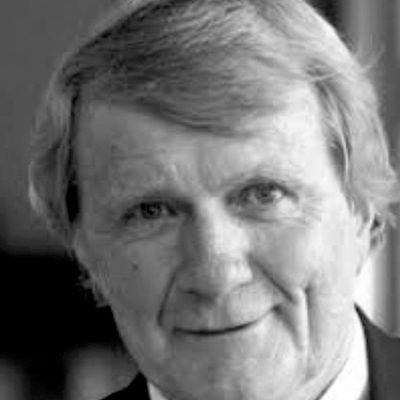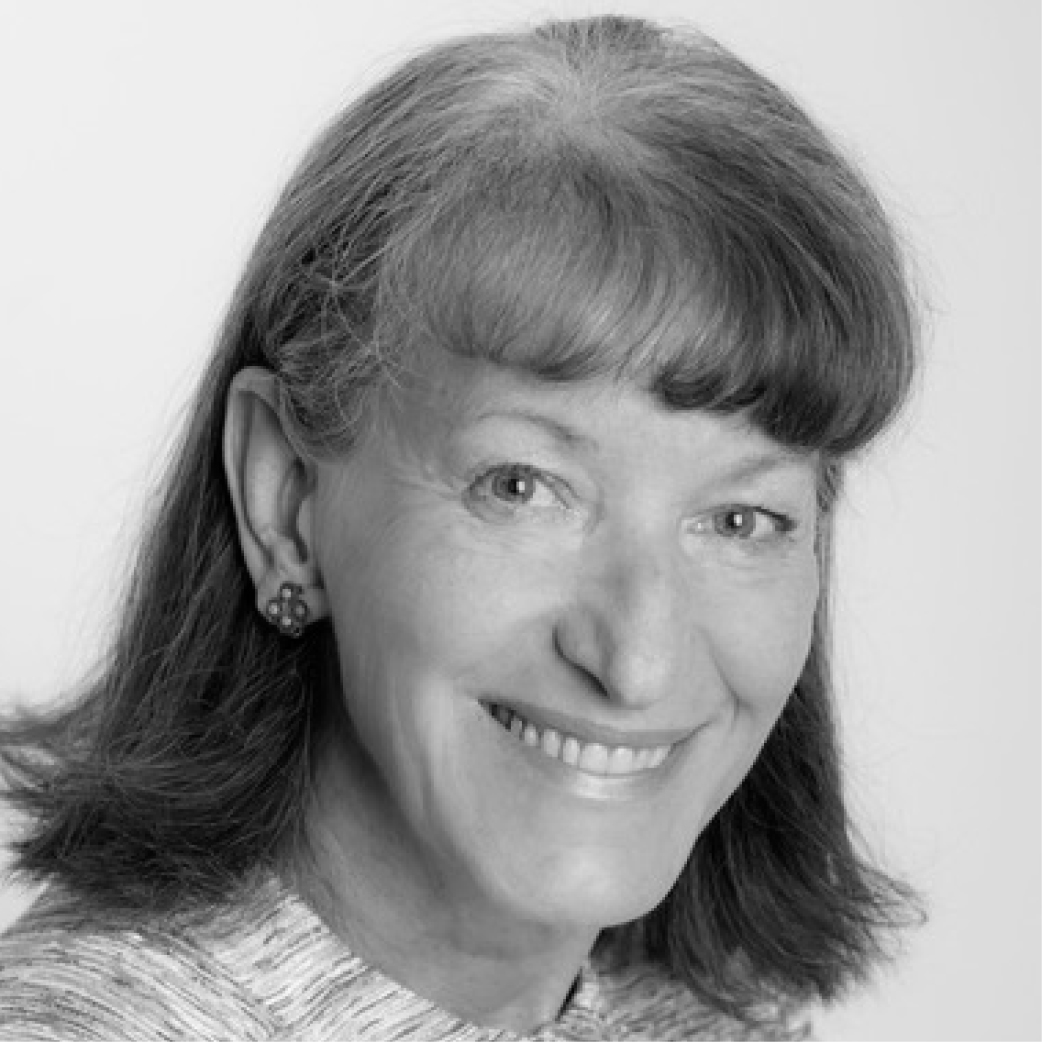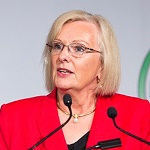Carbon Neutral Agriculture: Myth or reality?
This webinar hosted by the ATSE Agriculture & Food Forum explores agriculture and climate change.
This webinar hosted by the ATSE Agriculture & Food Forum explores agriculture and climate change.
Climate change mitigation and adaptation is a top priority for the Academy of Technology and Engineering (ATSE) in 2021. All Australian state and territory governments have adopted a target of net zero carbon emissions by 2050, as are the major multi-national agricultural supply chain companies. The global expectation is that food exporting nations – like Australia – will have to comply with these 2050 carbon neutral targets.
Agriculture, as a major GHG emitter, faces significant challenges in meeting these targets. Methane from ruminants is the major component of agricultural emissions, but currently “off the shelf” technologies to abate these emissions are limited. Although agriculture has capacity to offset its emissions through sequestration of carbon in soil and woody vegetation, the cost-effective measurement of these offsets is a significant challenge.
None-the-less, Australian agricultural industries are enthusiastically embracing the challenges. The National Farmers Federation set a net carbon neutral target for 2050. Meat and Livestock Australia (MLA), the industry body of Australia’s largest livestock industries and a substantial GHG emitter has adopted the aspirational target of net carbon neutrality by 2030.
This webinar, was the second in a series hosted by the ATSE Agricultural Forum. Dr Michele Allan, current Chair of Wine Australia and former Chair of MLA discussed the drivers for rural export industries to adopt these challenging carbon neutral 2050 targets. Professor Richard Eckard, Director of the Primary Industries Climate Challenges Centre at Melbourne University then discussed the possible technological pathways for rural industries to achieve those carbon neutral 2050 targets.
An extensive Q&A session followed, moderated by Professor Snow Barlow, Chair of ATSE’s Agriculture and Food Forum and Dr Joanne Daly, the Forum’s Deputy-Chair.
This webinar is the second in a series hosted by the ATSE Agriculture & Food Forum that explores agriculture and climate change.
HOSTS
Professor Snow Barlow FTSE
Dr Joanne Daly FTSE
SPEAKERS
Dr Michele Allan FTSE
Professor Richard Eckard
59 minutes 55 seconds



